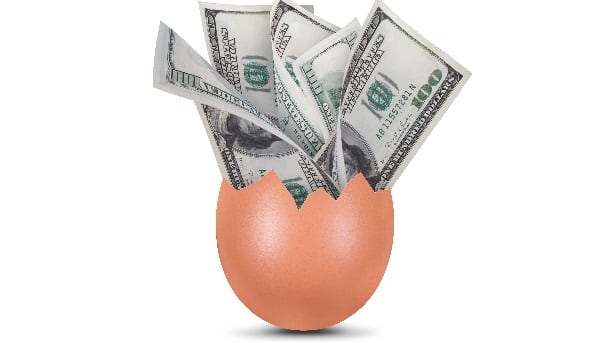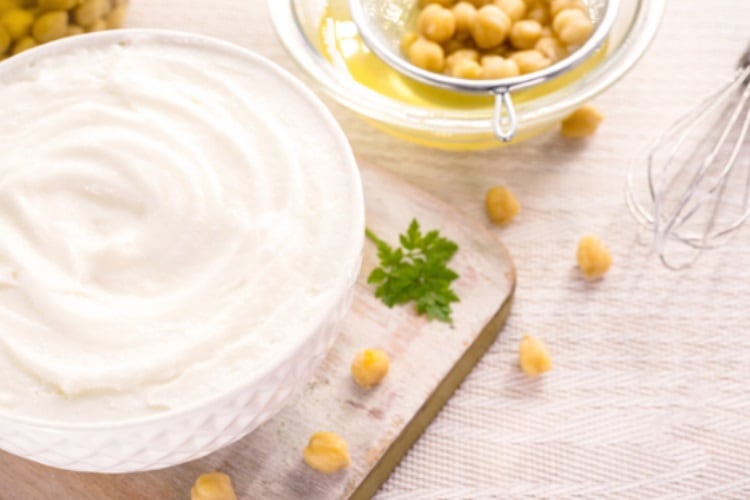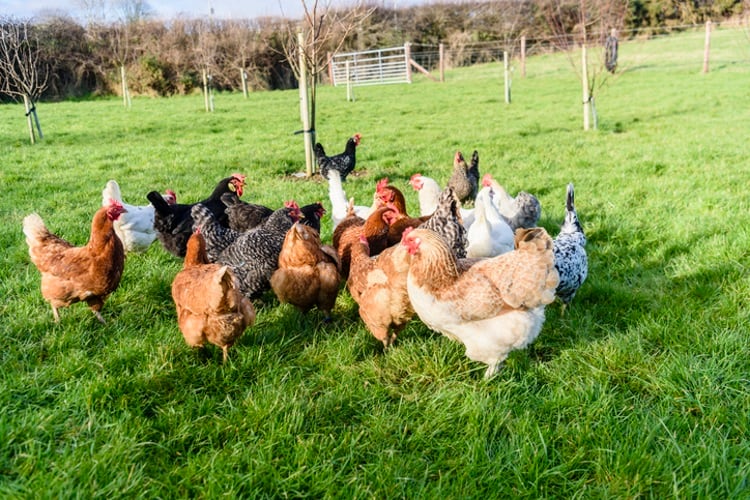The plaintiffs allege United Egg Producers, Inc., United States Egg Marketers, Inc., Cal-Maine Foods, Inc., and Rose Acre Farms - the latter two being the largest egg producers in the US - conspired to limit domestic supply in order to inflate the price of eggs, starting from the late 1990s until at least 2008.
According to court documents, the plaintiffs are purchasers of “eggs, either whole or separated, that have been removed from their shells and are then processed into dried, frozen, or liquid forms”. They claim the scheme resulted in higher ingredient costs for their products like cake mix, waffles and cereals.
Past attempts have failed to convince juries of the alleged egg-fixing.
In 2018, a Pennsylvania federal jury ruled for Rose Acre and two other producers in a case filed by direct purchasers. In 2019, another jury in Pennsylvania again sided with Rose Acre and other egg producers over Kroger and other grocers, saying there was no agreement to reduce supply. In 2020, the Third Circuit upheld the 2018 judgment on appeal.
According to Bloomberg Law, the cases faltered as plaintiffs had failed to convince juries of an unlawful egg price-fixing conspiracy under the rigorous ‘rule of reason’ test, which balances market benefits against alleged harms.
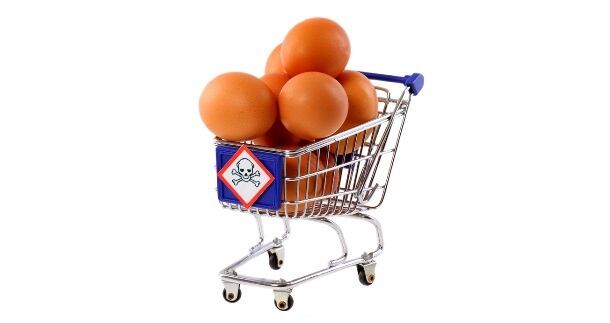
Egg prices are particularly vulnerable to supply chain issues and were severely disrupted in the wake of the pandemic. The worst avian flu outbreak in history - which killed about 58 million birds across 47 states - also sent egg prices shooting up to record highs.
In fact, thanks to higher egg prices, Cal-Maine Foods reported profit growth of over 700% for the quarter ending 25 February. The producer posted $3.15bn in net sales for its fiscal year 2023.
However, Max Bowman, Cal-Maine’s VP and CFO, said the US egg market is “intensely competitive and highly volatile even under normal circumstances.”
As the deadly virus was tackled into submission, egg prices tumbled and the USDA’s most recent report on national egg prices puts the wholesale price of a dozen eggs between $0.99 and $1.39, a far cry from the $5/doz earlier this year.
The rule-of-reason test places a far higher burden on plaintiffs to prove the egg producers had the power to influence prices in a specific market.
But the fact that prices are down should help the defendants argue they aren’t guilty of price-fixing, Michael Santoro, professor of management and entrepreneurship at the Leavey School of Business at Santa Clara University, told Bloomberg Law.
“It’s a pretty poor price-fixing scheme if you can’t fix prices,” he said.
'The jury will decide'
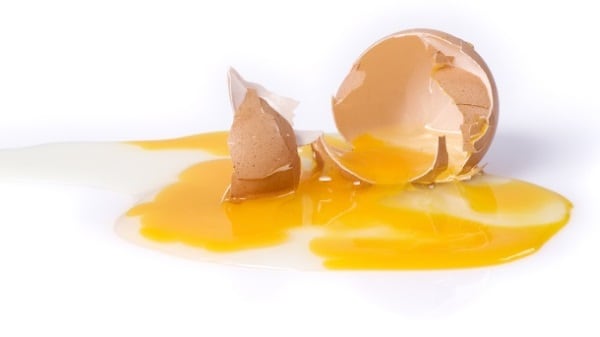
However, in August, US District Judge Steven Seeger determined there was a ‘preponderance of evidence’ the four defendants conspired to restrain trade, in violation of Section 1 of the Sherman Act.
The plaintiffs claim the egg producers participated in a certification programme promoted to improve animal welfare, but in fact, was actually intended to reduce the supply of eggs by requiring fewer chickens in each cage. They also contend the producers exported eggs in order to drive down domestic supply and thus charge higher prices.
The egg producers sought to bar any evidence of egg exports at trial - which began on 17 October and is expected to last several weeks - and deny any wrongdoing.
“Two prior juries weighed the same theories of antitrust liability advanced by these plaintiffs,” the defendants stated in court filings.
“Both juries found no Sherman Act violation. Those verdicts are final.”
Judge Seege, however, disagrees.
“The evidence supports one of plaintiffs’ core theories of liability supporting a single conspiracy to restrain trade,” he said in August.
“The jury will decide who to believe.”
The case is Kraft Foods Global Inc v. United Egg Producers Inc, U.S. District Court for the Northern District of Illinois, No. 11-cv-8808.
The plaintiffs are represented by Jenner & Block LLP. The defendants are represented by Porter, Wright, Morris & Arthur LLP; Troutman Pepper Hamilton Sanders LLP; and King & Spalding LLP.


